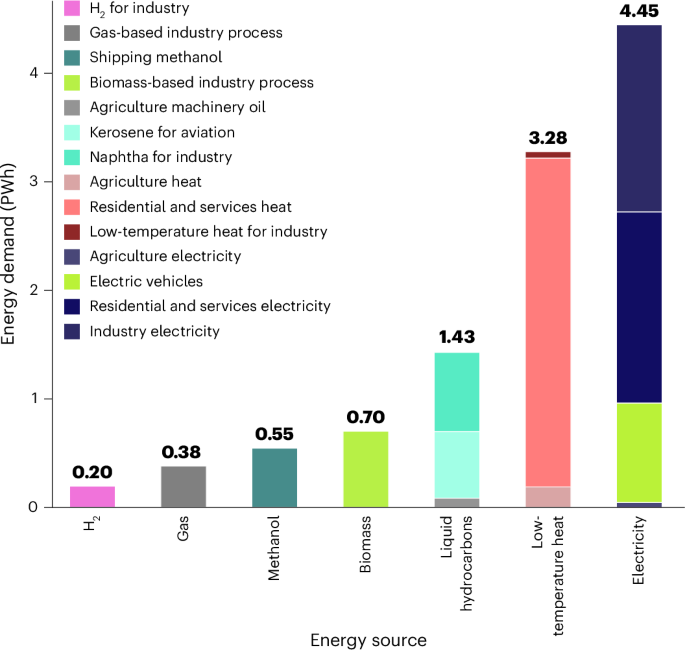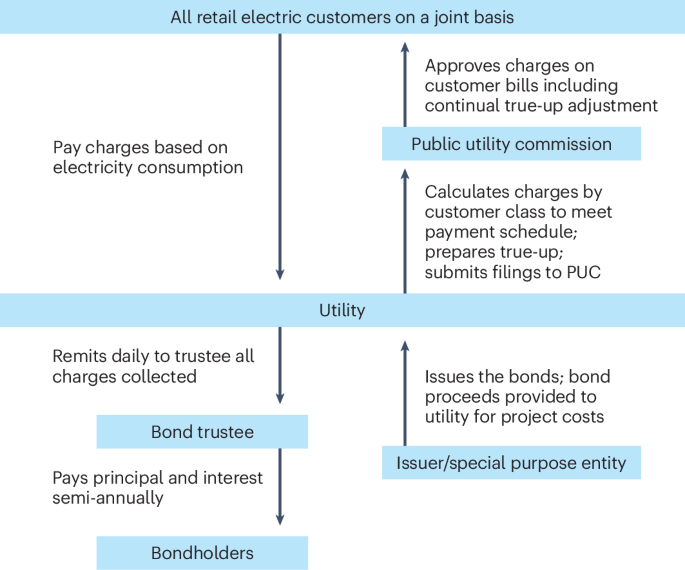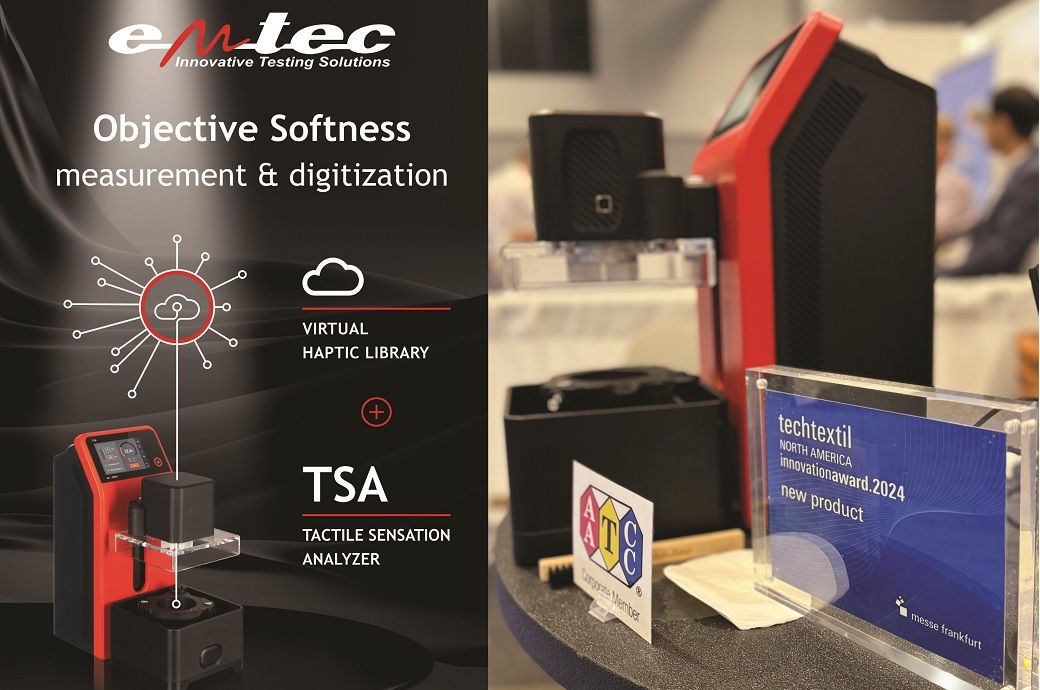2025 Shareholders Meeting Agenda: Proactive Board Oversight Amid Significant Uncertainty and Change
Board directors once again enter proxy season against a backdrop of significant change. On a broad scale, supply chains and business operations continue to see impact from mounting geopolitical tensions, changing trade, tariff and tax policies, and ongoing price and interest rate pressures globally. Recent legal challenges and pauses herald the beginning of a significant […]

Amy Rojik is a National Managing Principal and Lee Sentnor is a Professional Practice Director at BDO. This post is based on their BDO memorandum.
Board directors once again enter proxy season against a backdrop of significant change. On a broad scale, supply chains and business operations continue to see impact from mounting geopolitical tensions, changing trade, tariff and tax policies, and ongoing price and interest rate pressures globally. Recent legal challenges and pauses herald the beginning of a significant shift in U.S. regulatory guidance on a number of issues, and the introduction of the Department of Government Efficiency (DOGE) raises critical questions about agency authority and access to government funding.
In addition, the anticipation of de-regulation under incoming U.S. Securities and Exchange Commission’s (SEC) leadership, increased stakeholder attention to board oversight of artificial intelligence (AI) and cybersecurity, and shifting expectations around talent management are reshaping the corporate governance landscape. Monitoring changes like these will have directors reviewing current strategies with respect to risk oversight, approaching talent management and executive compensation, and responding to changing guidance and sentiment around issues like DEI, climate change and cryptocurrency.
The 2025 BDO Shareholder Meeting Agenda covers key challenges and opportunities for directors to consider as they prepare both for upcoming shareholder meetings and their broader oversight responsibilities and value creation in the year ahead. The agenda highlights common issues attracting shareholder attention amid increasing calls for greater transparency and accountability. While directors’ focus areas will vary based on the organization’s unique circumstances, boards are reminded to remain rooted in the corporation’s mission and purpose to inform their decisions and communications to shareholders. Similarly, transparency around the governance of strategy and enterprise risk management (ERM) remains a high priority for investors. This includes explanation of the board’s roles and responsibilities as well as the company’s ERM program and process. Blackrock summarized investor sentiment by stating, “We are particularly interested in understanding how risk oversight processes evolve in response to changes in corporate strategy and/or shifts in the business and related risk environment.”
Communication that doesn’t shy away from vulnerability but identifies what a company is doing about it instills confidence in the markets.









































































































































































